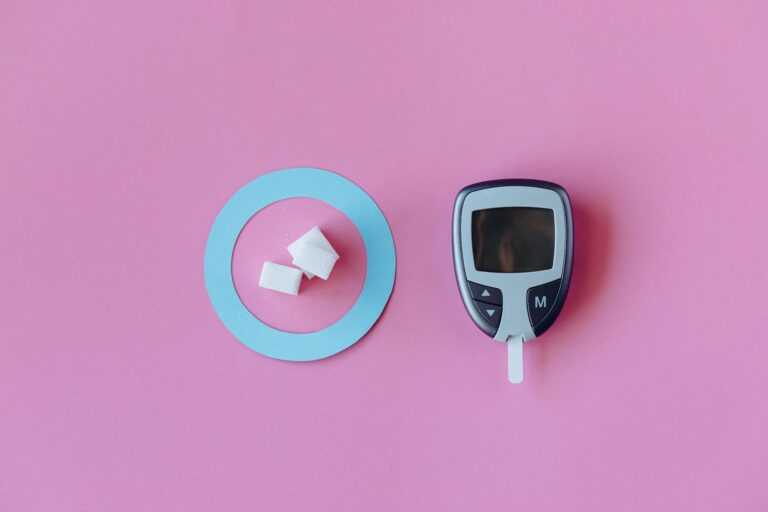As we age, our bodies require more attention and care to maintain good health. This is especially true for individuals with Alzheimer’s disease, a progressive brain disorder that affects memory and cognitive function. One aspect of care for those with Alzheimer’s that is often overlooked is proper hydration.
Dehydration is a common issue among older adults, and those with Alzheimer’s are even more vulnerable due to their impaired ability to recognize thirst cues and communicate their need for fluids. As a result, dehydration can lead to serious health complications, such as confusion, falls, and urinary tract infections. That’s why setting hydration reminders for individuals with Alzheimer’s is crucial in maintaining their overall well-being.
What are Hydration Reminders?
Hydration reminders are prompts or alarms set at regular intervals to remind individuals to drink fluids. These reminders can be in the form of alarms on a watch, phone, or even a dedicated hydration reminder device. The goal is to ensure that individuals with Alzheimer’s are staying hydrated throughout the day, even if they are not able to communicate their need for fluids.
Why are Hydration Reminders Important for Individuals with Alzheimer’s?
As mentioned earlier, individuals with Alzheimer’s have difficulty recognizing thirst and communicating their need for fluids. This can be due to a variety of reasons, such as forgetfulness, difficulty swallowing, or medication side effects. Additionally, as the disease progresses, individuals may become less interested in drinking or have difficulty remembering when they last drank.
Dehydration can have serious consequences for those with Alzheimer’s. It can lead to confusion, dizziness, and in severe cases, even hospitalization. With proper hydration, individuals with Alzheimer’s can maintain their cognitive function and prevent further health complications.
How to Set Up Hydration Reminders
The first step in setting up hydration reminders is to determine the frequency of prompts needed. This will depend on the individual’s fluid needs and any medical conditions that may require more frequent hydration, such as diabetes. Consult with a healthcare professional to determine the appropriate frequency of reminders.
Next, choose a reminder method that works best for the individual. This could be setting alarms on their phone or watch, using a dedicated hydration reminder device, or even placing post-it notes around the house as visual cues.
It’s also essential to choose the right type of fluids to offer during these reminders. Water is always a great option, but other options like fruit juices, herbal teas, and sports drinks can also be beneficial. Avoid sugary and caffeinated beverages as they may contribute to dehydration.
Tips for Successful Hydration Reminders
1. Consistency is Key: Set reminders at the same time every day to establish a routine that individuals can easily follow.
2. Make Hydration Fun: Encourage individuals to drink by adding flavorings or fruits to their water or making it a social activity by drinking together with family members or caregivers.
3. Use Visual Cues: Place colorful cups or water bottles in visible areas to serve as a visual reminder to drink.
4. Monitor Intake: Keep a record of how much fluids the individual is consuming to ensure they are meeting their daily needs.
5. Be Patient: It may take time for individuals with Alzheimer’s to get used to these reminders, so be patient and understanding.
Incorporating hydration reminders into the daily care routine of individuals with Alzheimer’s is a simple yet effective way to maintain their overall health and well-being. By setting up regular prompts, caregivers can ensure that their loved ones are staying hydrated, preventing potential complications, and improving their quality of life. So let’s raise a glass (of water) to better health for those with Alzheimer’s!





